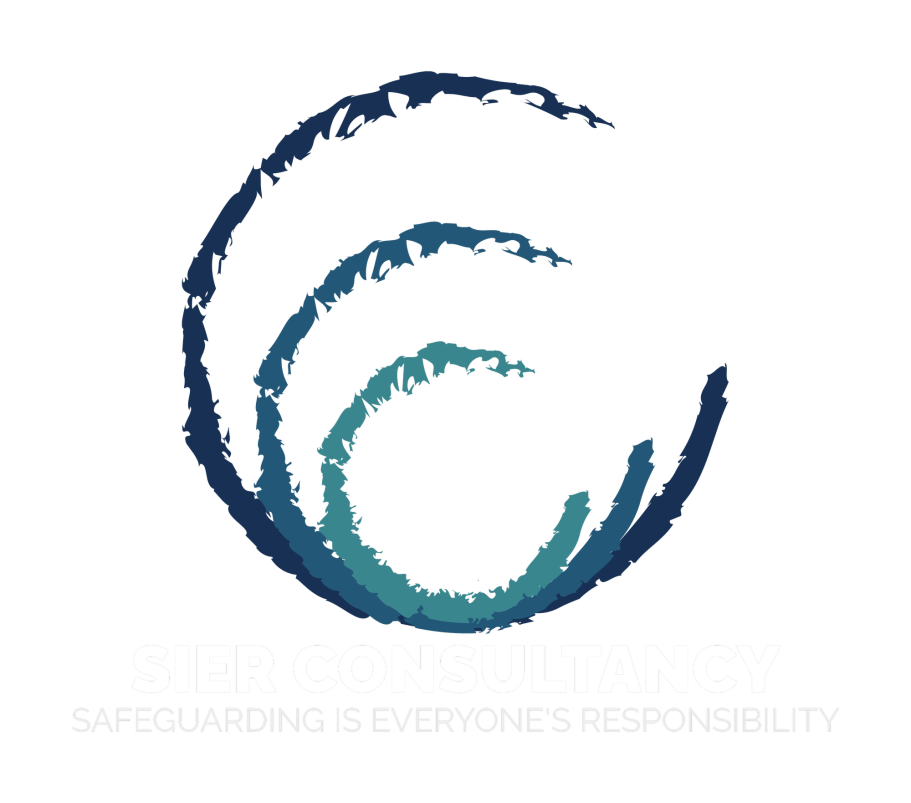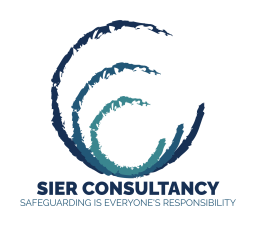Staff and Group Supervision
Effective supervision is crucial for support staff working within child protection settings as it serves several beneficial purposes. Firstly, supervision provides a structured platform for staff to reflect on their practice, ensuring they adhere to policies and procedures designed to safeguard children. This reflective process helps staff identify strengths and areas needing improvement, fostering continuous professional development.
Moreover, supervision offers emotional support, which is particularly vital in emotionally demanding roles like child protection. It allows staff to discuss challenging cases, manage stress, and prevent burnout by providing a safe space to express concerns and seek guidance.
Additionally, supervision enhances communication and teamwork within the organisation. Through regular meetings with supervisors, support staff can coordinate efforts, share insights, and align strategies, thus improving overall effectiveness in safeguarding children.
From a regulatory standpoint, supervision ensures compliance with legal and ethical standards. It helps monitor adherence to child protection protocols, assess risks, and implement corrective actions promptly. This proactive approach not only mitigates potential harm but also promotes a culture of accountability and transparency.
In conclusion, supervision plays a pivotal role in supporting staff working in child protection by fostering professional growth, providing emotional resilience, enhancing teamwork, and ensuring regulatory compliance. These benefits collectively contribute to maintaining high standards of care and safeguarding the well-being of children in challenging and sensitive environments.
We need your consent to load the translations
We use a third-party service to translate the website content that may collect data about your activity. Please review the details in the privacy policy and accept the service to view the translations.

